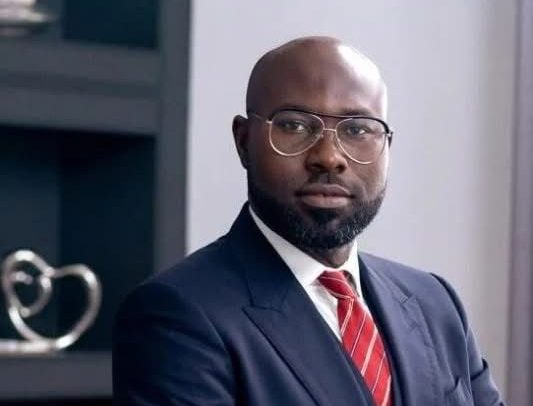The Member of Parliament (MP) for Suame, John Darko, has raised an alarm over potential mass job losses in his constituency and across the country as the country moves toward adopting electric vehicles (EVs) as part of its green energy transition.
Making a statement on the floor of Parliament titled, “The Green Transition and its Effects on Auto Mechanics in Suame Industrial Area (Suame Magazine)”, the Suame MP said while the country’s commitment to the Paris Agreement and global climate goals is commendable, it must be balanced with the realities facing the millions of Ghanaians employed in the combustion engine auto repair sector.
“Mr. Speaker, my constituency is an industrial hub with many workshops for metal, artisanal engineering and vehicle repairs that provide direct and indirect employment to about 500,000 Ghanaians. Across the country, there are over 500,000 additional auto mechanics who depend on fixing combustion engine vehicles for survival,” he said.
He warned that the global shift to green energy and electric mobility, while beneficial for the environment, poses a serious threat to the livelihoods of mechanics whose expertise is built around traditional internal combustion engines.
According to the MP, data cited from the International Energy Agency, the number of electric vehicles globally grew from 26 million in 2022 to over 40 million by 2023.
Mr. Darko disclosed that in Ghana, former Energy Minister, Dr. Matthew Opoku Prempeh, reported that more than 17,000 EVs were already in the country as of 2023, with former Vice President, Dr. Mahamudu Bawumia, championed plans to introduce 1,000 electric buses supported by charging infrastructure.
“While these efforts may help reduce emissions and meet our Nationally Determined Contributions (NDCs), they also risk wiping out jobs for those who depend on engine blocks, cylinder heads, valves, crankshafts, fuel systems, timing belts, lubricants and oil filter sales,” Mr. Darko noted.
He acknowledged arguments that the EV transition would create new opportunities for mechanics trained in electric systems, but questioned the scale and accessibility of such opportunities for current workers.
“How many jobs will be created from this shift? Can they replace the loss of millions? Even if so, can we realistically retrain our illiterate and elderly mechanics, many of whom are aged 50 to 70 and have spent decades mastering combustion engine repair?” he quizzed.
The legislator also pointed out the country’s lack of preparation for the transition, citing insufficient tools, diagnostic equipment, and modern workshops required to support EV maintenance. He called for deliberate government action to mitigate the socio-economic fallout.
“Mr. Speaker, we are too quick to accept concepts like green transition, energy transition, and climate change without doing enough to shield ourselves from their harsh realities. With appropriate support and training, our mechanics can be integrated into the green economy, ensuring a just and inclusive transition,” he said.
Mr. Darko proposed the introduction of a Private Member’s Bill to mandate the Executive to establish a fund and a national action plan for reskilling auto mechanics and upgrading their workshops.
“This is the responsibility I expect the new Ministry of Energy and Green Transition to embrace. Job creation must remain a top priority, and this green transition must not leave our people behind,” he concluded.
By Ernest Kofi Adu, Parliament House


